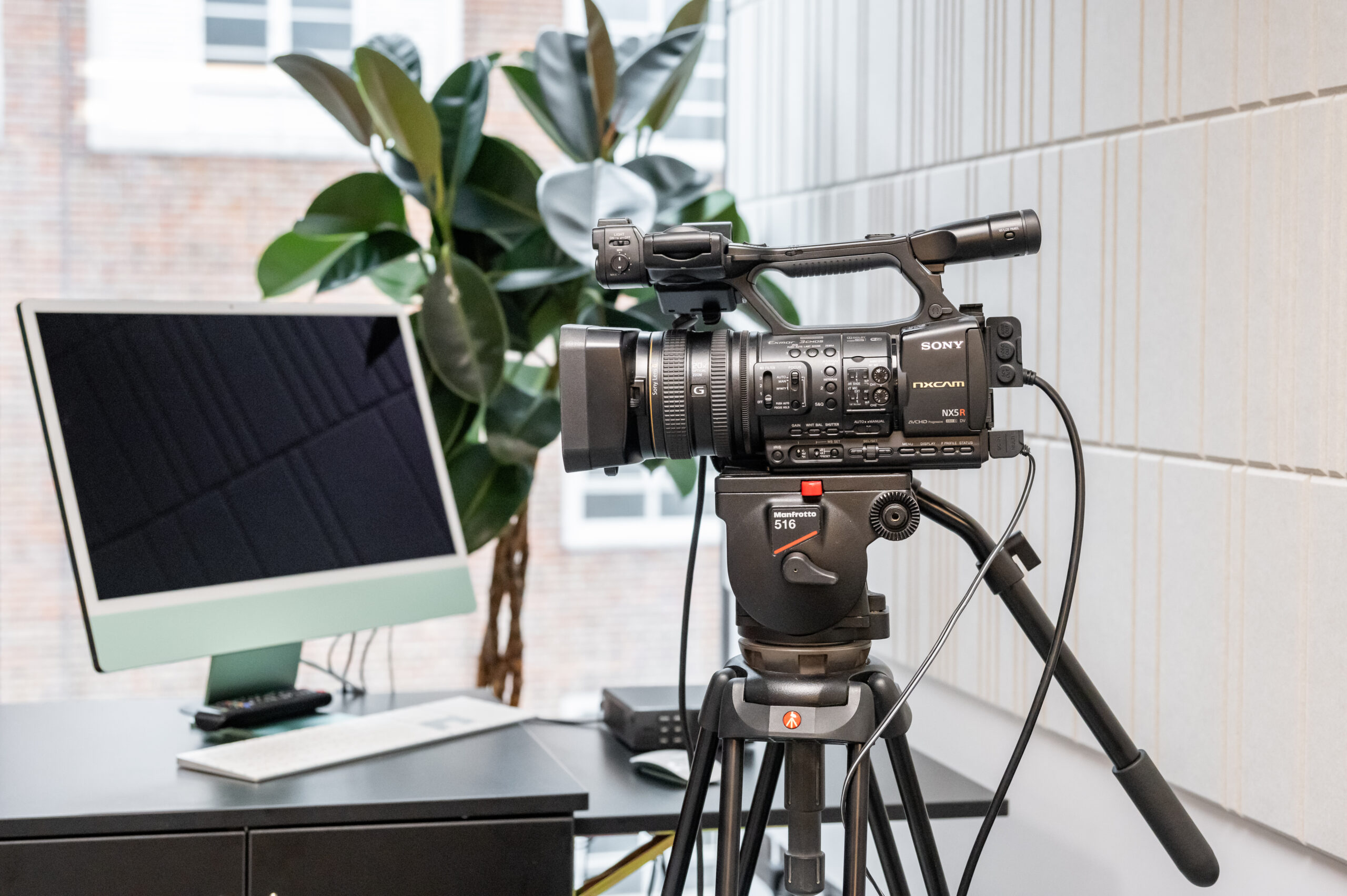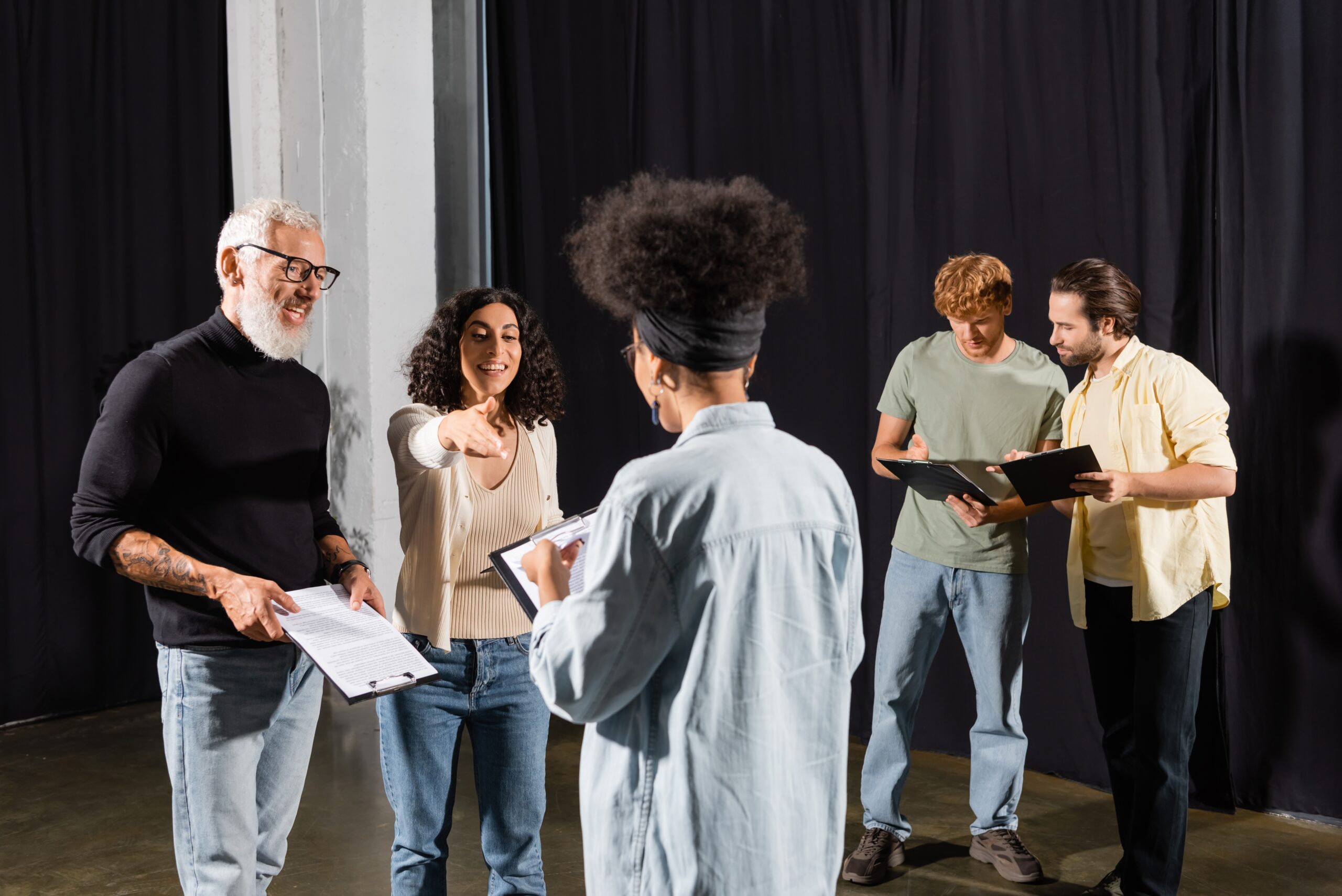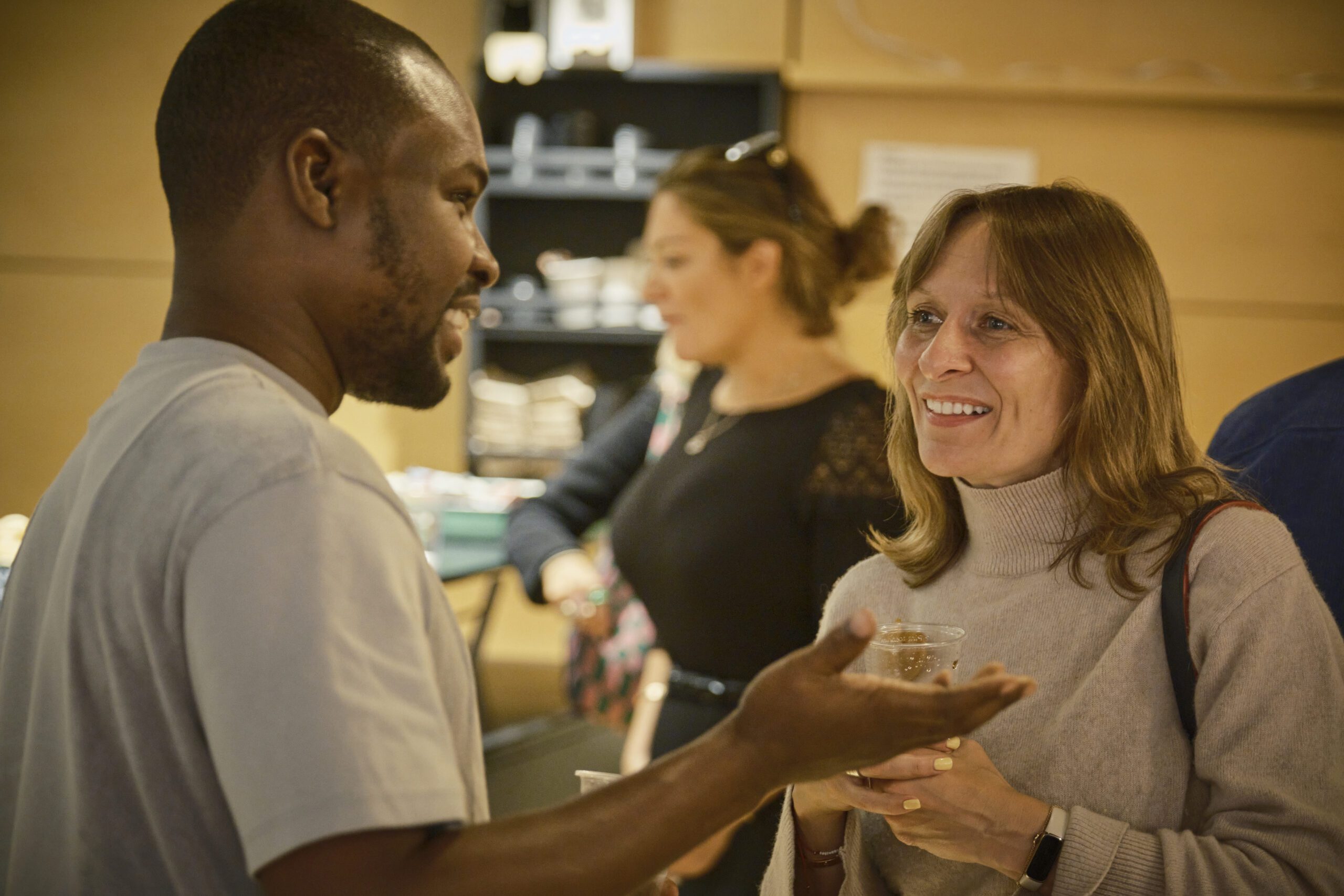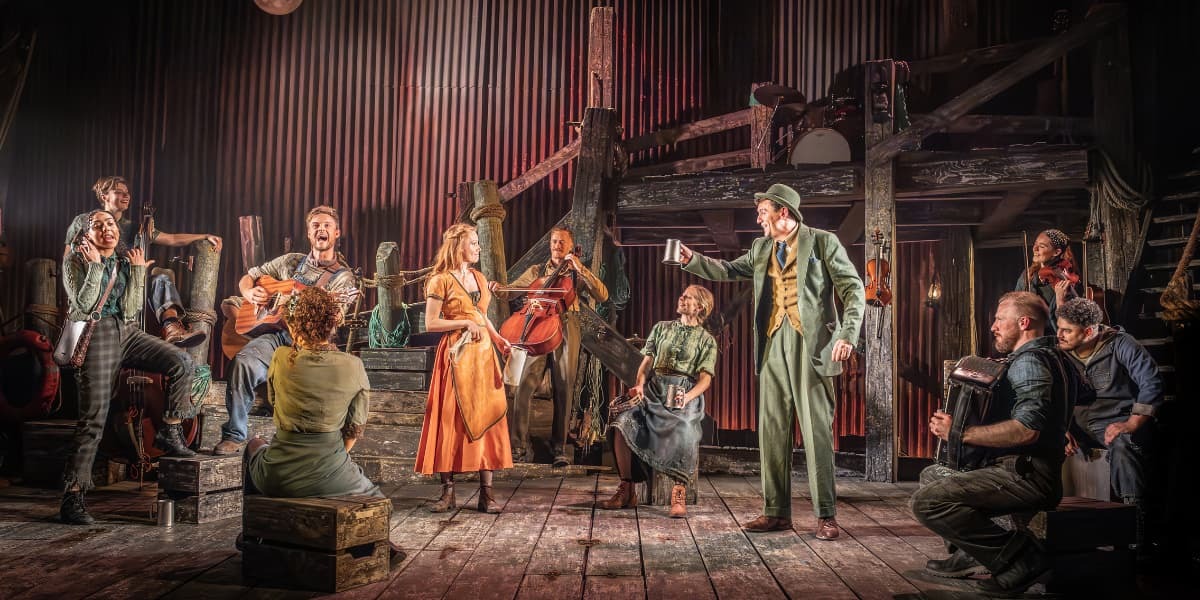Find out how copyright applies to the television and film productions you have been a part of in the UK and how to seek permission before including excerpts in your acting showreel.
Copyright is a complex legal subject that can be hard to navigate when starting out as an actor. It’s not always clear when you do or do not have the right to use the works you have featured in as part of a showreel, for example.
To make it easier, we’ve created this helpful introduction to copyright that any aspiring actor should get a grip of before putting together their first showreel, including how to ask for permission first and what could happen if you don’t.
Please note: This is not legal advice and you should always contact a legal professional or consult the government guidelines if you require legal advice.
What is Copyright?
Copyright is the automatic legal protection given to a piece of original work as soon as it is ‘fixed’ in a tangible form, which means it can be viewed or reproduced by others. This includes literary, dramatic, artistic, or musical works; software and web content; sound and music recordings; film and television recordings; and more.
For example, taking a photograph, writing a blog post, or recording yourself playing guitar produces a ‘fixed’ work and requires some amount of creativity to make – that means the end product would be protected by copyright laws. This is a protection afforded automatically once a work has been created and does not require any kind of application or registration.
In contrast, copyright does not apply to ideas, discoveries, concepts, or processes, which tend to be protected by other intellectual property rights, such as patents, that do require an application.
Copyright prevents other people from copying or using an original work without the owner’s permission, regardless of whether they are trying to make money out of it. If they do, the owner could sue them for damages, or in extreme cases, they could also face criminal charges.
Companies and other people apart from the original creator can also be copyright owners. This commonly occurs when someone is employed to produce something, in which case, the copyright would usually belong to the employer. This tends to be the case for actors or performers who take part in television, film or stage productions.
Fair Use
Fair use is a legal concept that exists in the US, not the UK. It sometimes allows for the use of copyright materials if they are being used for commentary or if only a small part is being used for non-commercial purposes. However, the laws in the UK are different.
There are some exceptions to copyright in the UK, such as when conducting research or private study, performing criticism or reporting current events, teaching, or parodying a work. In these cases, it would be necessary to acknowledge the original authors and to also ensure that your use of the work is a ‘fair dealing’ that does not impact the market for the original work or the copyright owners’ revenues.
However, when it comes to using copyrighted works as part of an acting profile or showreel, it is very unlikely that these exceptions would apply. That means they wouldn’t allow you to put copyrighted works on your showreel without permission from the owner.
Copyright Content in Showreels
At Spotlight, we often get asked by actors about the rules surrounding putting copyrighted content into their showreels. This usually means including stills or video from television and film productions that they have previously featured in or performing lines from scripts that they did not write themselves as part of a self-tape.
As performers generally do not own the copyright for the productions they have been involved in, it’s important to get permission first before using them in a showreel. This applies to single images, single frames, copyrighted music and more lengthy video clips all the same. Audio-visual specialist Nicholas Peel elaborated on this in an episode of The Spotlight Podcast:
“You cannot take stuff from [services such as] BBC iPlayer. The best thing to do is to contact the production company. You can go through the BBC contributor access programme, but ideally, just contact the producers or the production company [or] whoever your contact was when you were filming it and get them to send you a copy.
You do need to ask permission to use anything in your showreel. Just because your face is on screen doesn’t necessarily mean that you have permission to use it.”
If you do not yet have a body of past work to draw from or would like to head in a different artistic direction than the roles you have previously played, then a great alternative is to shoot something yourself.
Self-tapes that have been made for previous auditions might contain unreleased scripts or be protected by an NDA, so it’s always better to use a script that you can be certain is royalty-free or in the public domain.
If you find a script you like that is protected by copyright, many authors would be happy for you to use them in your showreel if you credit them appropriately – you just have to make sure to ask beforehand.
Potential Consequences of Using Copyrighted Material
So what happens if you use copyrighted material in a showreel without permission, even if it’s by accident? It depends a lot on the individual circumstances, but in general, copyright infringement would not amount to a criminal offence unless it was deliberate and took place on a commercial scale.
However, it is still a civil wrong that can be followed up with litigation by the copyright holder. For actors, performers, musicians and other creative professionals, the greater risk is likely the one to their professional reputation.
When you perform in a production as an employee, you will almost always make an agreement as part of your contract to hand over the rights to the work. Upholding your professional integrity, therefore, means abiding by this agreement and not treating the finished works as if they were something you own.
It reflects well on you as a performer to recognise the proper procedure for seeking permission to use them and also keeps you in touch with your professional network, so there’s no reason not to!
Before you sign your contract, be sure to read over it thoroughly to get a full understanding of the ownership rights you are signing away. If you have any difficulty or are unsure what certain parts mean, seek help from a trusted acquaintance or lawyer.
Take a look at our website for more news and advice for upcoming actors, including acting showreel tips from casting directors and how to start your acting career in London.



















